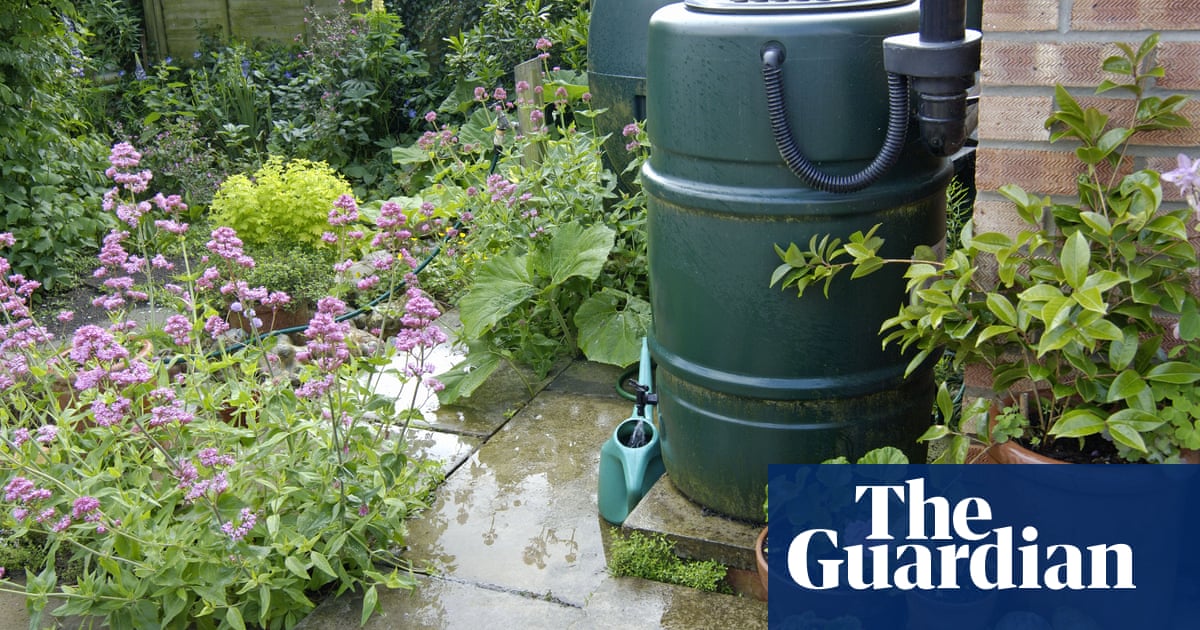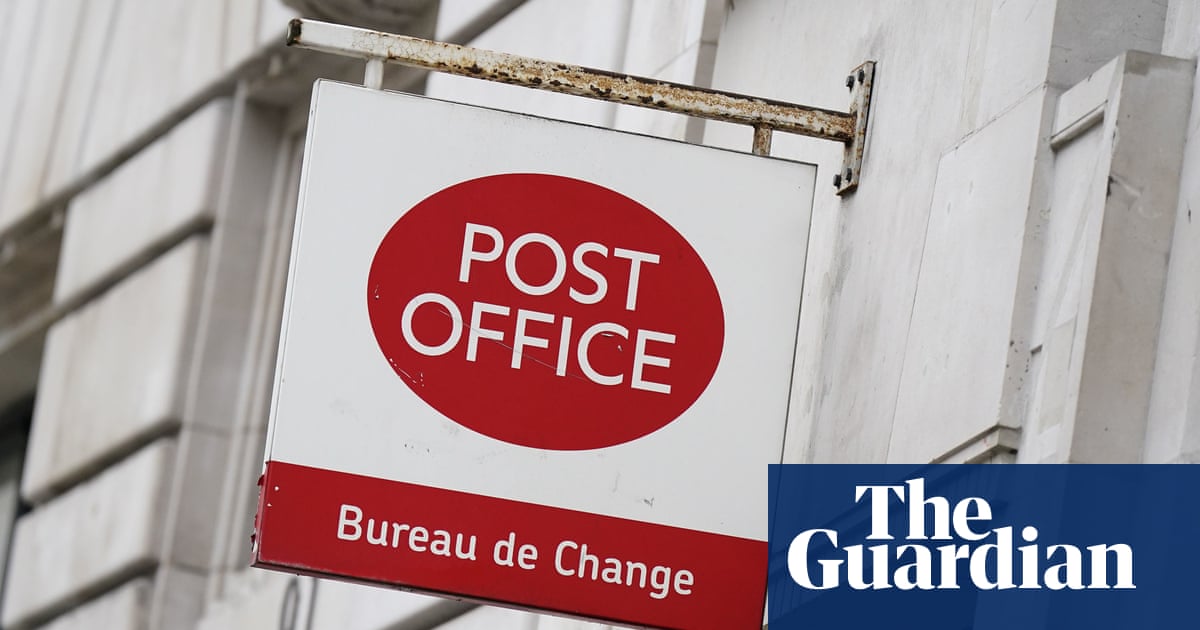
Water bill discounts could be given to people who do not pave over their front gardens and install water butts, under plans unveiled by the regulator.
Customers could also be charged dynamically based on how much water they use, with people who reduce their usage paying less than heavy users, Ofwat announced on Tuesday.
Affinity Water, which supplies drinking water across the south-east of England, is already trialling such a scheme, where it will charge about 1,500 pre-selected households a cheaper rate for using a less water, and progressively higher prices for using larger volumes.
The company expects at least two out of three homes in the trial to pay smaller water bills than they do currently.
The average person in England and Wales used 152 litres of water a day as of 2021. This is more than in most European countries, such as France, Spain and Germany, where the amount is about 120-130 litres per person.
However, critics have argued that water companies should be taking measures to retain water supplies, such as fixing leaks and building reservoirs, before focusing on individual use.
The regulator has said that rather than charging a flat standard amount based on the type of property, or a flat rate based on how much water it is used, a more dynamic pricing structure is needed.
It has recommended water companies adopt trials of seasonal charging to help lower water bills in the winter, reducing bills for homes with water butts and permeable driveways, which can help to reduce the risk of flooding and pollution to rivers and bathing water, and charging more for water at peak times.
Ofwat said successful trials of these charging methods could be rolled out to all households in a given area.
David Black, the chief executive of Ofwat, said: “We know that an increasing number of customers are struggling with cost of living pressures. At the same time, water resources are being affected by climate change, which poses significant long-term challenges to river water health and security of water supply. While charging is only one approach, companies need to use every tool at their disposal to support affordability, encourage us all to use water wisely and reduce our impact on the environment.”












